
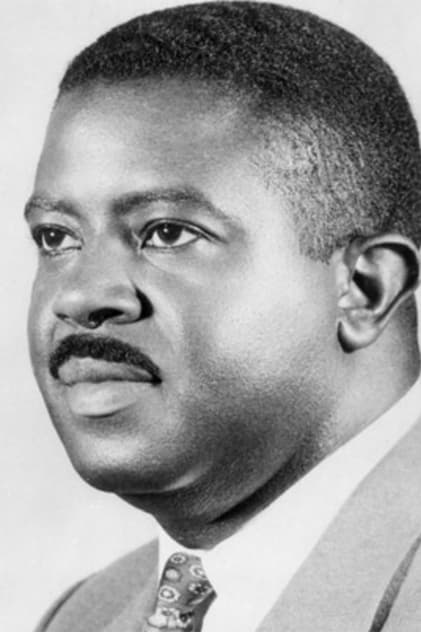
Ralph Abernathy
Born: March 21, 1926
Died: April 17, 1990
Died: April 17, 1990
Ralph Abernathy was born on March 21, 1926 in Lindon, Alabama, USA. He was married to Juanita Abernathy. He died on April 17, 1990 in Atlanta, Georgia, USA.
Movies for Ralph Abernathy...
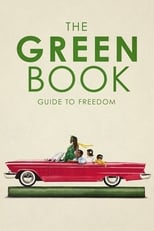
Title: The Green Book: Guide to Freedom
Character: Self - Civil Rights Activist (archive footage)
Released: February 25, 2019
Type: Movie
In 1936, Victor H. Green (1892-1960) published The Negro Motorist Green Book, a book that was both a travel guide and a survival manual, to help African-Americans navigate safe those regions of the United States where segregation and Jim Crow laws were disgracefully applied.


Title: 4 Little Girls
Character: Self - with Martin Luther King (archive footage) (uncredited)
Released: July 9, 1997
Type: Movie
On September 15, 1963, a bomb destroyed a black church in Birmingham, Alabama, killing four young girls who were there for Sunday school. It was a crime that shocked the nation--and a defining moment in the history of the civil-rights movement. Spike Lee re-examines the full story of the bombing, including a revealing interview with former Alabama Governor George Wallace.

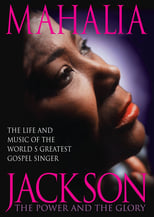
Title: Mahalia Jackson: The Power and the Glory
Released: January 1, 1997
Type: Movie
Documentary narrated by Paul Winfield, this documentary follows the course of Mahalia Jackson's extraordinary life - from her humble beginnings as a sickly child singing in New Orleans churches to her breakthrough with Columbia Records and her ascendancy to Carnegie Hall and Europe's great stages. Her story's told through archival footage and interviews with those who knew her best.

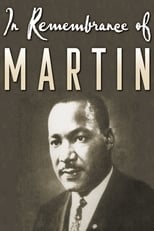
Title: In Remembrance of Martin
Character: Self
Released: February 8, 1986
Type: Movie
Personal comments from family, friends, and advisors fill this remarkable documentary honoring Dr. Martin Luther King, Jr. Coretta Scott King joins the Reverend Ralph Abernathy, Julian Bond, Jimmy Carter, the Reverend Jesse Jackson, Senator Edward Kennedy, John Lewis, Bishop Desmond Tutu, and Andrew Young, who recall Dr. King's career and trace his leadership in the civil rights movement. Includes portions of his "I Have a Dream" speech.

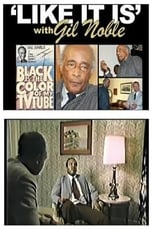
Title: A Decade of Struggle
Character: Self
Released: June 1, 1980
Type: Movie
This special three-part presentation of "Like It Is" examines the history of the black civil rights movement in the United States, emphasizing the role of black leaders and activists. Including the defected FBi-agent "Othello" Darthard Perry tells it all.

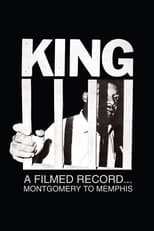
Title: King: A Filmed Record... Montgomery to Memphis
Character: Self (archive footage)
Released: March 24, 1970
Type: Movie
Constructed from a wealth of archival footage, the documentary follows Dr. Martin Luther King, Jr. from 1955 to 1968, in his rise from regional activist to world-renowned leader of the Civil Rights movement. Rare footage of King's speeches, protests, and arrests are interspersed with scenes of other high-profile supporters and opponents of the cause, punctuated by heartfelt testimonials by some of Hollywood's biggest stars.

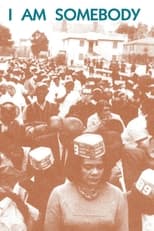
Title: I Am Somebody
Character: Self
Released: January 1, 1970
Type: Movie
Madeline Anderson’s documentary brings viewers to the front lines of the civil rights movement during the 1969 Charleston hospital workers’ strike, when 400 poorly paid Black women went on strike to demand union recognition and a wage increase, only to find themselves in confrontation with the National Guard and the state government. Anderson personally participated in the strike, along with such notable figures as Coretta Scott King, Ralph Abernathy and Andrew Young, all affiliated with Martin Luther King’s Southern Christian Leadership Conference. Anderson’s film shows the courage and resiliency of the strikers and the support they received from the local black community. It is an essential filmed record of this important moment in the history of civil and women’s rights. The film is also notable as arguably the first televised documentary on civil rights directed by a woman of color, solidifying its place in American film history.
